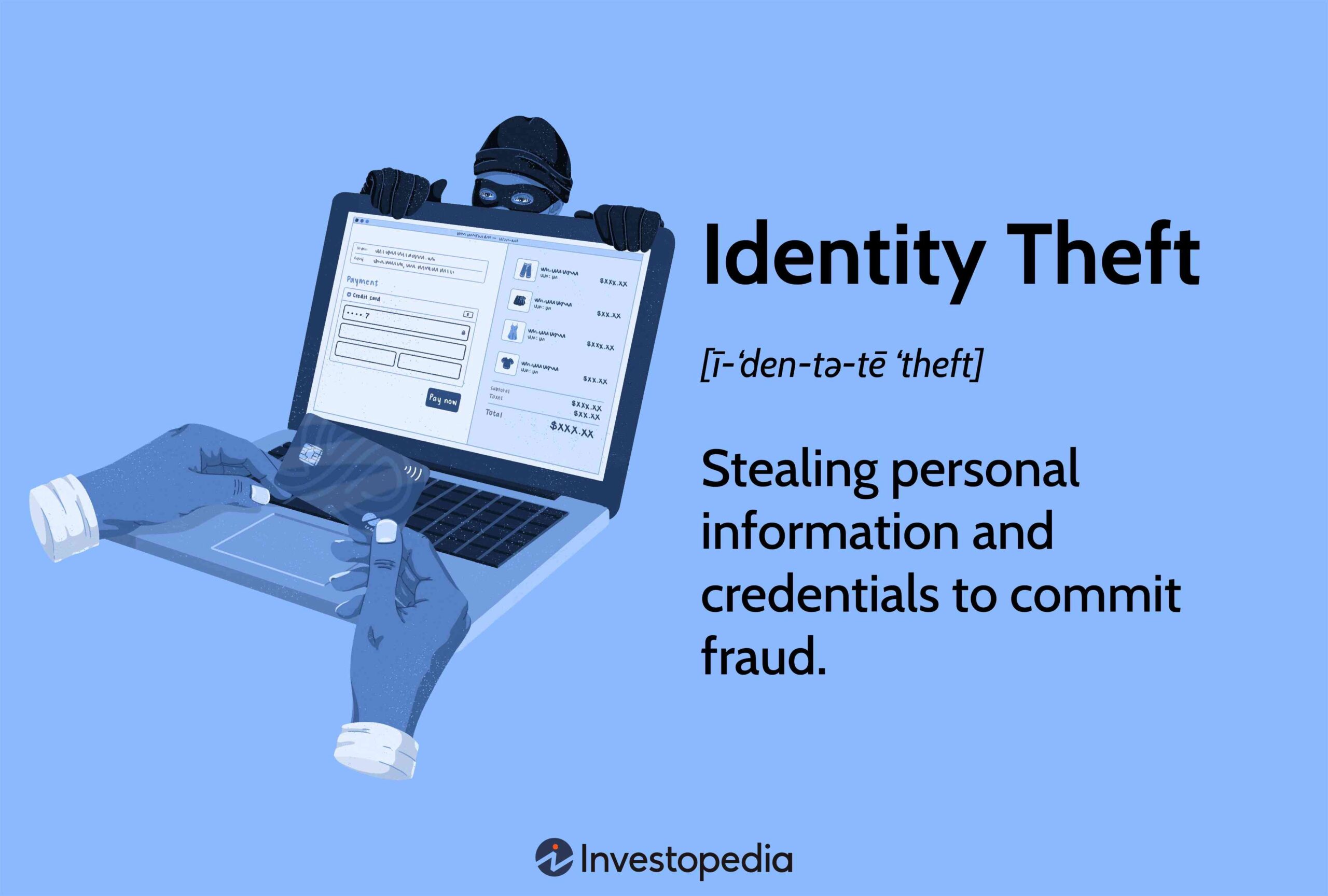Imagine waking up one day to discover that your identity has been stolen. Your heart races as you try to comprehend the implications of this violation. How did this happen? What do you do now? Take a deep breath because here’s the solution – how to financially recover from identity theft. In this article, we will guide you through the process of regaining control over your finances and restoring your peace of mind. Don’t worry, we’ve got your back. Let’s dive in and reclaim what’s rightfully yours.
How to Financially Recover from Identity Theft
Identity theft is a serious crime that can have devastating financial consequences. As a victim of identity theft, it’s essential to take immediate action to protect your financial well-being and recover from the damage. In this article, we will explore the steps you can take to financially recover from identity theft and minimize the impact on your finances.
1. Act Quickly
When you discover that your identity has been stolen, time is of the essence. The faster you act, the better chance you have of minimizing the damage. Follow these steps as soon as you become aware of the theft:
- Contact the Federal Trade Commission (FTC): Report the identity theft to the FTC by visiting their website or calling their hotline.
- File a police report: Contact your local law enforcement agency to file a report. This report will be essential when dealing with creditors and other financial institutions.
- Notify your financial institutions: Reach out to banks, credit card companies, and any other financial institutions where you have accounts. Inform them about the identity theft and ask them to freeze or close the affected accounts.
- Place a fraud alert on your credit reports: Contact one of the three major credit bureaus – Equifax, Experian, or TransUnion – and request a fraud alert be placed on your credit reports. This will help prevent further fraudulent activity.
2. Review Your Accounts and Statements
Once you have taken the initial steps to report the identity theft, it’s important to thoroughly review your accounts and statements for any fraudulent activity. Follow these guidelines:
- Review your credit reports: Obtain a free copy of your credit report from each of the three major credit bureaus. Examine them carefully for any unauthorized accounts or transactions.
- Monitor your bank and credit card statements: Scrutinize your statements for any unfamiliar charges or withdrawals. If you spot any fraudulent transactions, notify your bank or credit card company immediately.
- Check your medical records: Identity thieves may use your personal information to receive medical treatment in your name. Review your medical records for any unfamiliar treatments or diagnoses.
3. Dispute Unauthorized Charges and Accounts
If you find any unauthorized charges or accounts during your review, take action to dispute them:
- Contact the creditor: Reach out to the creditor associated with the unauthorized account or charges. Explain the situation and provide any supporting documentation, such as your police report or FTC Identity Theft Affidavit.
- Dispute the charges with credit bureaus: If the unauthorized accounts or charges appear on your credit reports, file a dispute with the credit bureaus. They are obligated to investigate and remove any inaccuracies within 30 days.
- Consider a credit freeze or fraud alert: To prevent further fraudulent activity, you may want to place a credit freeze or extended fraud alert on your credit reports. A credit freeze restricts access to your credit reports, while a fraud alert requires creditors to take additional steps to verify your identity before granting credit.
4. Update Your Security Measures
After resolving the immediate issues caused by identity theft, it’s crucial to strengthen your security to prevent future incidents:
- Secure your documents: Store your important documents, such as Social Security cards and financial statements, in a secure location. Consider investing in a fireproof safe or a safety deposit box.
- Create strong, unique passwords: Use complex passwords for your online accounts, and avoid using the same password for multiple accounts. Consider using a reputable password manager to help you generate and manage secure passwords.
- Enable two-factor authentication (2FA): Whenever possible, enable two-factor authentication for your online accounts. This adds an extra layer of security by requiring a verification code in addition to your password.
- Be cautious with personal information: Avoid sharing personal information, such as your Social Security number or bank account details, unless absolutely necessary. Be wary of unsolicited requests for personal information, whether through phone calls, emails, or online forms.
5. Stay Vigilant and Monitor Your Credit
Even after you have taken steps to recover from identity theft, it’s important to remain vigilant and monitor your credit regularly:
- Review your credit reports annually: Obtain a free copy of your credit report from each of the three major credit bureaus, and review them for any suspicious activity.
- Consider credit monitoring services: Consider enrolling in a credit monitoring service that alerts you to any changes or suspicious activity on your credit reports.
- Watch for signs of identity theft: Be alert to signs of identity theft, such as unexpected credit denials, debt collectors contacting you about unrecognized debts, or receiving statements for accounts you didn’t open.
- Act promptly if you suspect further identity theft: If you notice any signs of ongoing identity theft, take the same immediate actions as you did initially, such as contacting the FTC and filing a police report.
Recovering from identity theft can be a lengthy and challenging process. However, by taking prompt action and implementing security measures, you can minimize the financial impact and regain control of your finances.
I'm a Victim of Identity Theft
Frequently Asked Questions
Frequently Asked Questions (FAQs)
1. How can I financially recover from identity theft?
After experiencing identity theft, there are several steps you can take to financially recover:
2. What should I do first if I become a victim of identity theft?
If you become a victim of identity theft, the first thing you should do is:
3. Can identity theft affect my credit score?
Yes, identity theft can have a significant impact on your credit score. If an identity thief:
4. Should I report the identity theft to the police?
Yes, it is important to report the identity theft to the police as soon as possible. Contact your local law enforcement agency or:
5. Will I be held responsible for fraudulent charges made by the identity thief?
No, you are not typically responsible for fraudulent charges made by an identity thief. Once you report the identity theft:
6. How do I notify my financial institutions about the identity theft?
To notify your financial institutions about the identity theft:
7. Are there any government agencies I should contact regarding the identity theft?
Yes, you should contact the following government agencies:
8. Can I freeze my credit to prevent further fraud?
Yes, you can freeze your credit to prevent further fraud:
Final Thoughts
Financially recovering from identity theft can be a challenging and overwhelming process. However, there are steps you can take to mitigate the damage and regain control of your finances. Firstly, contact the relevant authorities and report the identity theft. Then, freeze your credit to prevent further fraudulent activities. It’s crucial to review your credit reports regularly for any suspicious activities and dispute any unauthorized charges. Additionally, consider working with a reputable credit monitoring service to stay alert to any potential threats. Finally, maintain open communication with your financial institutions and report any suspicious activities promptly. By following these steps and staying vigilant, you can begin the journey of financial recovery from identity theft successfully.



